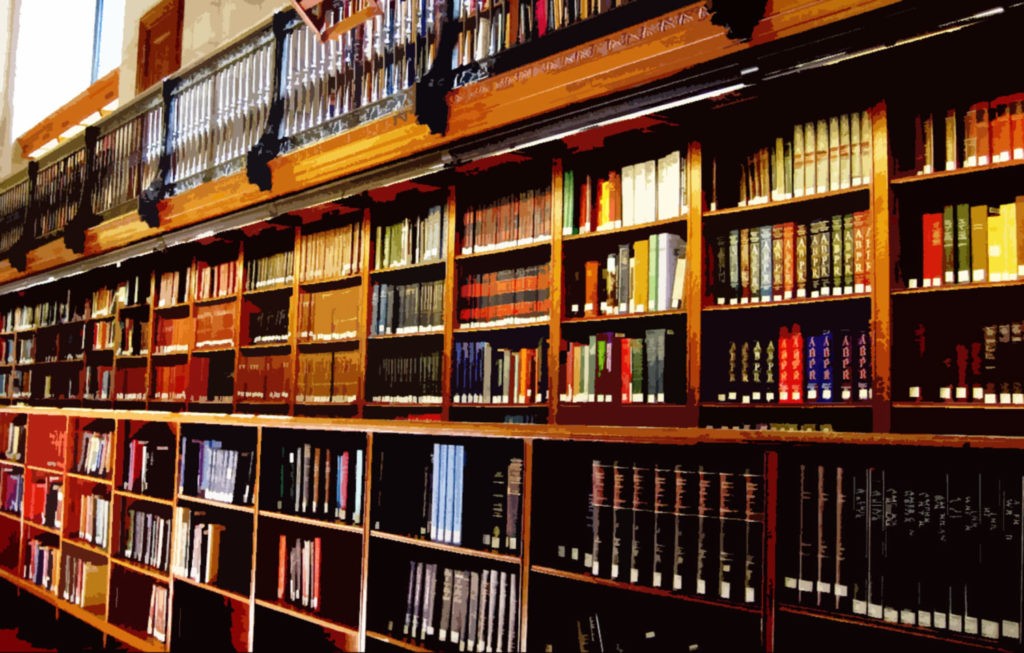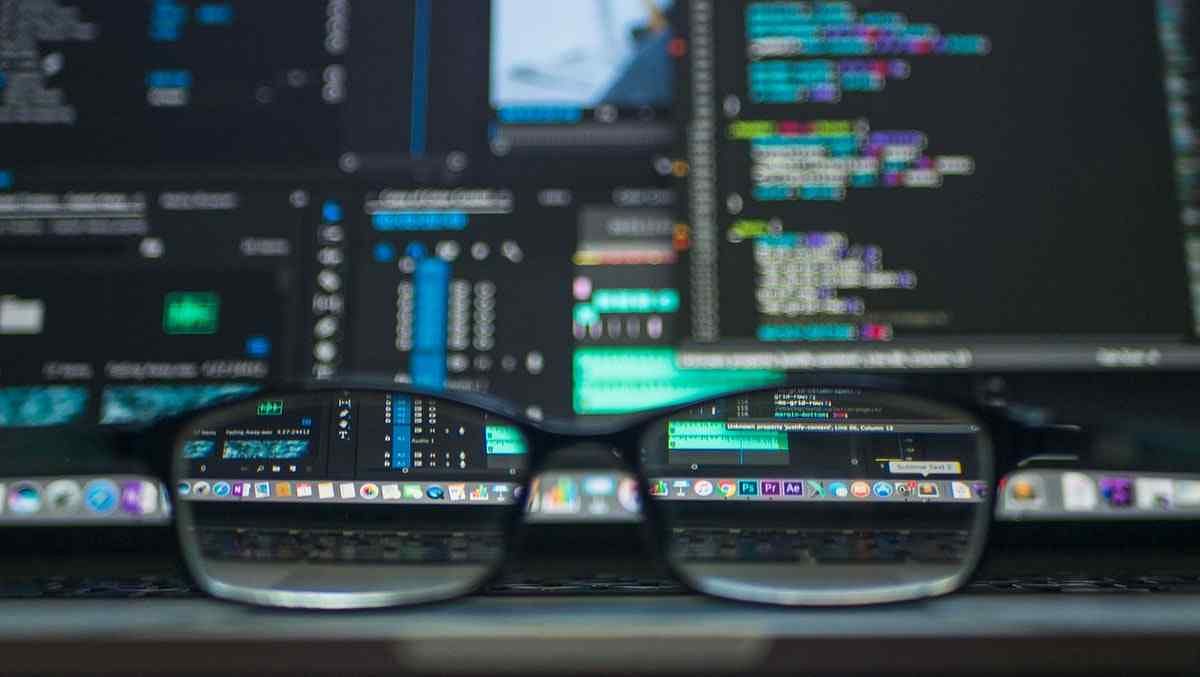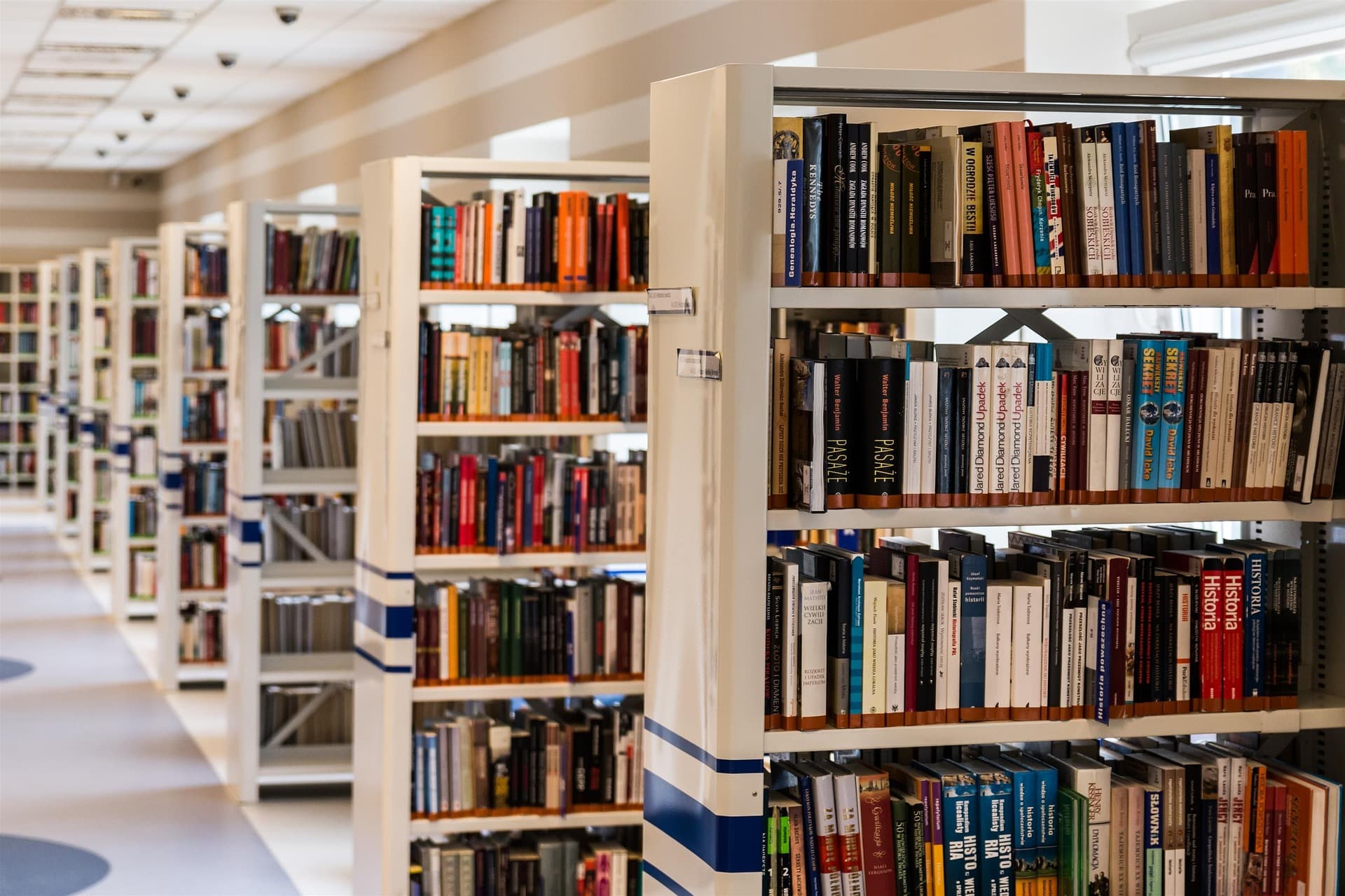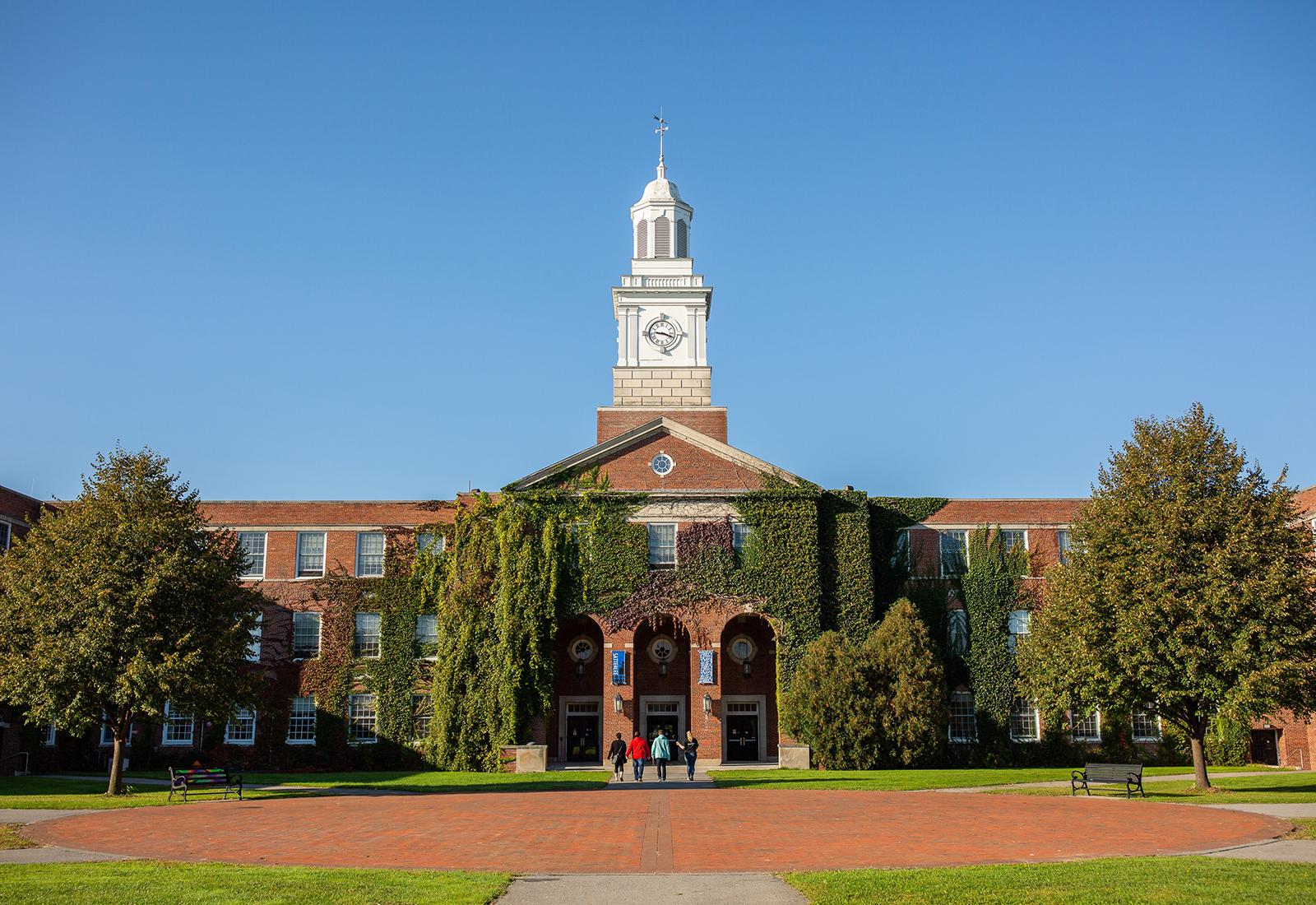Knowledge Protection – University Research, Academic Freedom, and Open Scientific Communication

Open scientific communication and college exploration are deeply rooted in the time honored rules of educational flexibility which even now spark emotional and polarizing debates on U.S. campuses’ whenever controls or impediments to open dissemination and collaboration are proposed.
Today’s discussion having said that is not a issue of retaining innovation and science out of the general public domain for easy community intake. Relatively, it truly is about shielding mental house rights and holding dual-use systems (i.e., technologies that have both public and protection use) out of the hands of adversaries. Predatorial facts mining programs, legacy totally free players, and winner-consider-all intelligence operations can make college-primarily based analysis specially vulnerable to theft, infringement, compromise, and/or misappropriation at their earliest stage of growth.
The prudence of continuing to adhere to those time-honored traditions and principles of academic liberty without the need of regard for or factoring the at any time growing complexities, intertwined interests, and vulnerabilities involved with the nanosecond and globally linked R&D environments in which attribution and intellectual home rights are being routinely outpaced, circumvented, and eroded need to be the debates’ key emphasis.
In this century, nationwide debates about implementing controls to university-based investigation emerged originally in 1945 and all over again in the early 1980’s. In every single instance, the National Academies played a crucial position in facilitating and moderating individuals debates. But, in the aftermath of the terrorist attacks of September 11, 2001, the idea of placing controls on college-centered research and scientific interaction emerged once more, this time with the Centre for Strategic and International Scientific tests (CSIS) serving as the facilitator to individuals well timed and significant discussions.
In most every instance in which scientific controls vs. scientific openness had been becoming debated nationally, the governing administration expressed countrywide safety worries by looking for to impose restrictions (controls) on the conversation and/or dissemination of certain scientific investigate originating (developed) in U.S. universities. The government’s main worry has been, and carries on to be that because of their prepared (mostly open up supply) access to technical product and innovation evolving from pre-patented and/or pre-labeled college investigation, specified international nations (and, overseas nationals) are gaining financial and navy/defense advantages that can impair and/or undermine U.S. national protection and provide to diminish (undermine) the U.S.’s capability to contend commercially, as effectively as the possibility of adversely influencing a university’s exploration standing, reputation, and graphic.
But, the classic two-sided debate about university investigation, i.e., controls vs. no controls, has taken on additional and a lot more intricate dimensions of late. Increasingly subtle IT programs and computer system systems allow instantaneous details mining, the effects of which are that:
– A scientists’ selection about when, exactly where, and the conditions in which the product or service of their investigate is disseminated have turn out to be blurred and ever more dangerous. This is specially relevant if the originator of the exploration/science has a individual or skilled curiosity in sustaining handle, attribution, use, and/or intellectual assets legal rights.
– Know how, intangible property, and mental home has outpaced tangible (bodily) property as the dominant source of price, profits, (future) wealth creation and establishment sustainability and routinely includes 65+% of an organization’s (corporation, institution’s) current market value.
– Complex and predatorial open supply data mining technologies aligned with worldwide industrial (business enterprise, competitor) intelligence operations now render tips and innovation (analysis) susceptible to compromise, worth – aggressive advantage dilution and/or infringement at their earliest levels of growth and effectively before conventional sorts of mental residence are utilized or provide lawful standing for recourse.
The truth that college-primarily based study is of desire to (precisely specific by) international (public, private, government) intelligence assortment entities is not new. Unfortunately, some establishments however trivialize its affect and lean toward dismissing it as a further federal government initiative to impede (or, apply controls to) university investigate that would, in outcome, keep useful science out of the community domain.
All those expressing opposition or skepticism about governing administration controls on open scientific conversation often argue that in present day highly advanced R&D natural environment, there is minimal want for anybody (economic adversaries or opponents) to engage in surreptitious activities or in any other case disguise their intent to accessibility – accumulate college-based mostly study since it is frequently readily accessible, in some cases simply for the asking or by public area sites, or 1 can simply wait around until eventually the effects/conclusions are revealed or introduced at specialist seminars, or posted on the researchers’ web site.
Open up scientific interaction (dissemination) of university-based mostly study has ordinarily been a two-sided debate:
On a single facet stood those people who argued that it has resulted in a net flow of scientific and technical information and facts to other international locations including economic adversaries and opponents. Individuals favoring considerably less openness by imposing controls and/or constraints sought stronger nationwide security policies to safeguard that scientific awareness, innovation, and subsequent discoveries.
On the other aspect of the discussion stood people who expressed problem that imposing (any) controls and/or constraints on the unfettered stream of scientific information in and in between university investigation communities, in the name of national stability would (a.) adversely influence the regular operational environment (posture) of higher education and learning institutions, (b.) reduce scientists’ incentives to make innovation and convey their conclusions to new markets, and (c.) make it harder to replicate and affirm research conclusions.
Proponents of openness also argue that science is most effective served (innovative) as a result of transparency and wide criticism to expose weaknesses and flaws, discover essential improvements, or even outright rejection. This can only arise, proponents of openness suggest, by upholding the concepts of tutorial liberty which favors unfettered sharing – dissemination of investigation methodologies and findings.
A former Deputy Director of the CIA aptly characterised the circumstance in the subsequent method, which continue to has relevance today ‘there is an overlap in between technological innovation and countrywide protection which inevitably makes stress. This stress benefits from scientist’s drive for unconstrained study and publication on the one hand, and the federal government’s want to defend selected info from possible adversaries who may well use that facts towards the U.S. Both are powerful forces. Consequently, it would be a shock that locating a workable and just balance among them is quite difficult’.
Progress in science is generally premised on the no cost, open exchange, and widest doable sharing of findings. Attaining a realistic and practical equilibrium between ‘openness’ and imposing ‘controls’ on college-centered study stays a useful discussion, primarily these days as (a.) the life-useful (benefit) cycles of know-how-based mostly property is significantly abbreviated, and (b.) the traditions of open scientific exchange are remaining challenged by legacy free players with differing views and regard for mental residence rights and how to get economic – competitive (and military services/protection) rewards and market place dominance.
But, are the common arguments continue to appropriate and what is essential to progress the two-sided discussion? It is of minimal benefit to basically rehash the time-honored and polarizing positions by pitting these favoring controls on scientific interaction in opposition to these trying to find to retain finish and unfettered openness. At bare minimum, the regular for – versus arguments have turn into blurred, significantly advanced, and even probably out of date! For that reason, continuing to body college exploration and open up scientific conversation in slender, two-sided contexts:
does minimal to progress the discussion further than its 16th century origins when lecturers sought independence from church doctrine in conditions of their research and investigation.
neglects to take into account the adverse influence-impact of the proliferation of extremely-innovative, aggressive, and globally predatorial state-corporate sponsored economic and competitor intelligence operations.
overlooks the reality that most governing administration sponsored intelligence businesses (globally) have included acquisition of financial – organization intelligence and public/private/govt exploration as integral components of their tasking.
does not acknowledge the financial reality – company actuality that 65+% of business – establishment value, resources of earnings, and potential prosperity development (sustainability) today lie in – are directly connected to intangible assets and intellectual property.
Ought to Schools and Universities Treatment?
In the ‘global (business enterprise – transaction) financial system no longer is there any realistic or beneficial difference between national economic relations and worldwide economic relations. Most national economies, like that of the U.S., are no longer islands exactly where domestic tastes on your own dictate outcomes.
Equally, the notion that university-dependent exploration is taken out from all worldly issues, vulnerabilities, and risks to misappropriation, infringement, economic espionage, focusing on by adversary (terrorist) organizations, and so forth., belongs a lot more to wishful wondering than reality.
Legislation in the late 1980’s and early 1990’s (Cooperative Investigation and Enhancement Agreements – CRADA’s, and so on.) prompted important fascination in commercializing educational (university-centered) analysis. At the time, university-based researchers have been encouraged to collaborate with (personal) field to velocity the transfer – commercialization of ideas from academia to the market, notably new systems with dual-use capabilities to facilitate – make certain the intellectual methods produced inside of university study communities would add to financial competitiveness. (Is Science For Sale?: Transferring Technologies From Universities to International Corporations. Report by the Committee on Governmental Functions. October 16, 1992. Home Report 102-1052)
Modern products and companies routinely need this sort of significant technology articles to stay competitive, much less firms can pay for mastery of all the technologies required for commercialization and production. A single result, as conveyed earlier mentioned, is an maximize in alliances, consortiums, and numerous kinds of collaborative relationships amongst universities and businesses globally. This level of collaboration is now actively shaping the competitive arena in numerous industries, i.e., level of competition in a diverse form!
One more final result is that a escalating variety of universities are becoming additional ‘entrepreneurial spirited’ in conditions of their desire (receptivity) to consider – go after new collaborative options to secure investigation assistance. As described by the Affiliation of University Engineering Supervisors (AUTM), the advancement in academic engineering transfer is possessing a good affect, i.e., corporations are investing in technologies licensed by tutorial establishments. These investments produce jobs and financial development and advantage the community and the communities that the universities serve.
In some cases, the royalties produced can (a.) give incentives to scientists and scientists, (b.) lead to reimbursing the institutions’ significant know-how transfer expenditures, e.g., patenting and licensing, and (c.) be reinvested in analysis and teaching, as a result making sure long run developments are a lot more possible.
In long term debates pertaining to open scientific interaction and tutorial independence it is critical to issue (take into account) the adverse results of refined, aggressive, predatorial, and world competitor-financial intelligence and terrorist organizations’ curiosity in obtaining not only financial details and science for aggressive edge, but dual-use technologies as well.
By encouraging these components be bundled in potential debates, it should really avoid some to dismiss or mischaracterize the debate and dialogue as just a:
protectionists ‘ attempt to affect discussion about scientific conversation in favor of exerting – imposing larger controls, or
subterfuge by non-public R&D companies to exploit or legitimize their escalating impact over exploration agendas in universities, or even
inadequately disguised try to experience the wave of domestic (homeland) stability initiatives and rhetoric next the terrorist assaults of September 11th.
In the last evaluation, this situation could have minimal, if nearly anything, to do with secrecy or an institution’s perfectly intentioned want to sustain and go on to foster scientific openness on behalf of its researchers and experts. Instead, the problem will definitely evolve around (a.) private privateness, (b.) experienced attribution, (c.) sustaining control, use, and possession of the mental house rights and (proprietary) aggressive advantages of the goods of the exploration, and perhaps most importantly, (d.) retaining navy-protection similar advances and technologies out of the hands of (financial, aggressive, terrorist) adversaries.







